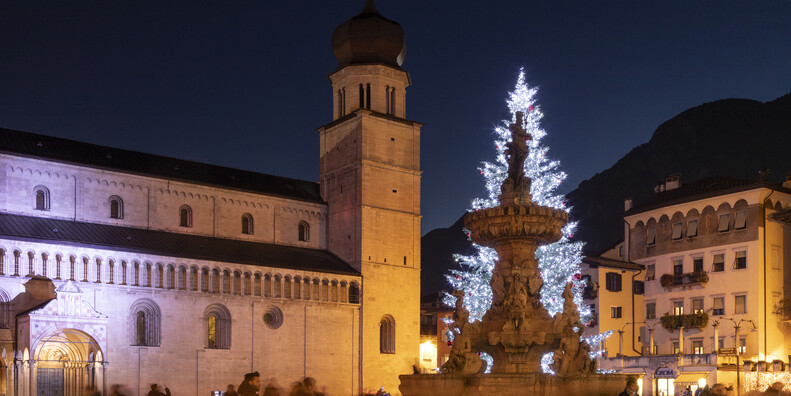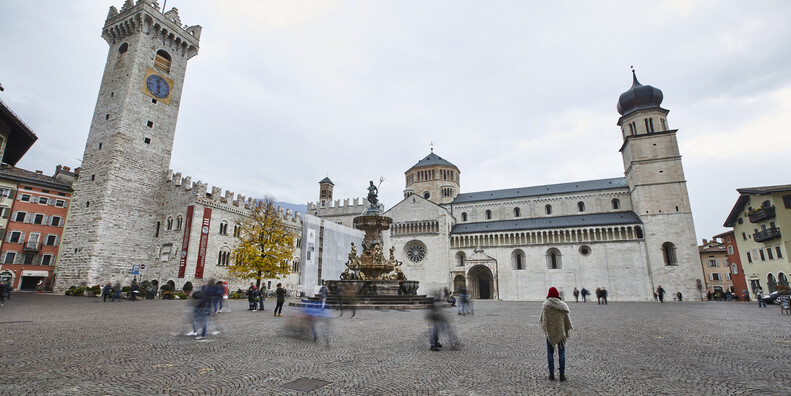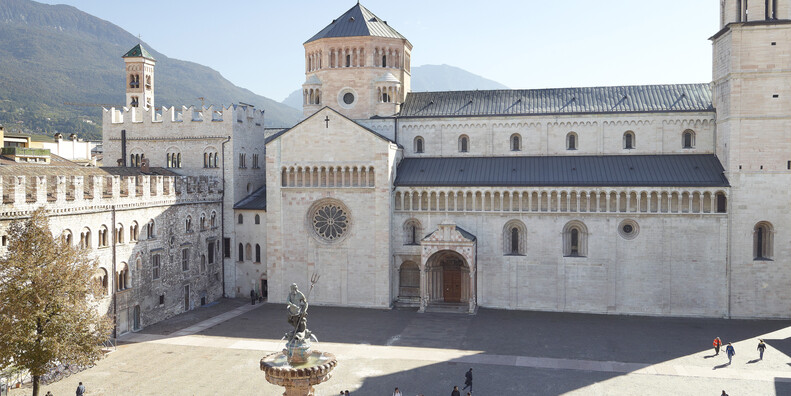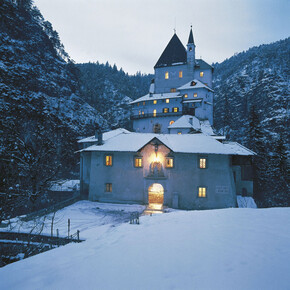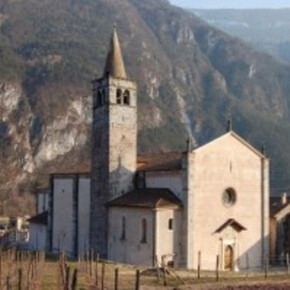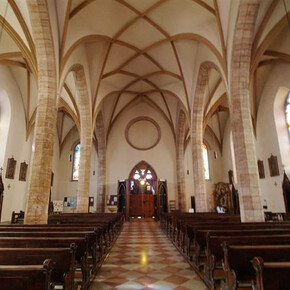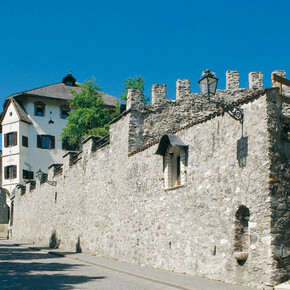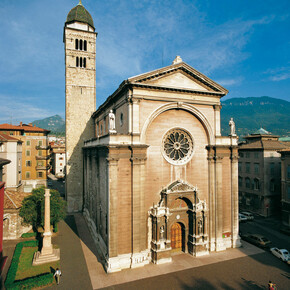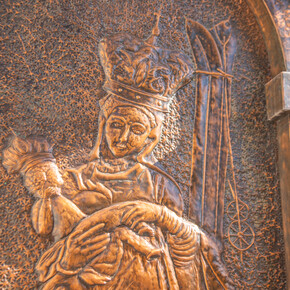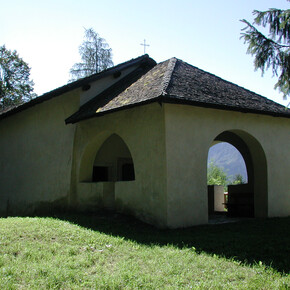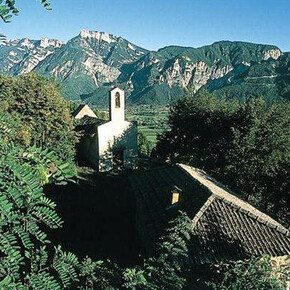Basilica Duomo di S. Vigilio
The Decrees of the Council of Trent were issued in the Duomo di San Vigilio.
The Cathedral of San Vigilio - the Duomo di Trento - was erected on an area which housed an ancient temple dedicated to the city's Patron Saint. A church built in the Padania style was probably found here before the death of the Saint. In the 11th century, the Prince-Bishop Uldarico II began works on the cathedral. In 1212 this first building was almost completely demolished by Federico Vanga - one of the Bishops who contributed the most to the city's urban-artistic development - to make room for a cathedral in the Romanesque-Lombard style. The Bishop entrusted the project to a team of Campione-based skilled workers, headed by Adamo d'Arogno.
At the end of the 13th century, the cathedral's Northern transept was decorated with an allegorical rose window known as the Wheel of Fortune. In the 14th century, the church got expanded, and Gothic features were added to it. In 1628, the Crucifix Chapel was planned by Giuseppe Alberti. Built in the Baroque style, it houses a group of wooden sculptures at whose feet the decrees of the Council of Trent (1545-1563) were issued.
The solemn Catholic assize sessions were actually held in the cathedral's presbytery on a specific movable timber structure built over its the underground crypt. The architectural decorations on the rose window overlooking the piazza are Medieval in style. The cathedral's apse is unexpectedly rich in terms of colours and decorations. Two side flights of indoor stairs are carved in the thick walls and take visitors up to the bell towers featured on the front.

